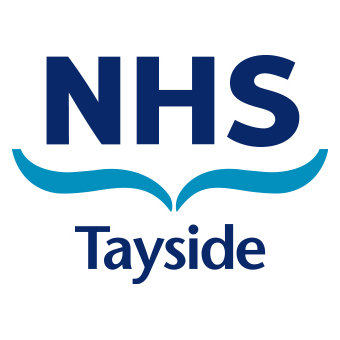Is an investigation necessary?
- Discuss any potential blood test with the ED senior. Only very rarely will the result of a blood test truly influence whether or not you need to admit a patient.
- Blood should only be sent from the ED if the patient is sick and an early result will alter patient management.
- If you have performed an investigation please record this clearly in the ED.
Remember, the core question to be asked before doing any investigation is ‘what difference will this test make to my management of this patient at this moment in time within ED?
Integrated Clinical Environment (ICE)
Blood requests should be completed using the ICE system, and sent by pod system to the laboratory (code 777 for combined biochemistry/haematology, 671 for Blood Transfusion Service, and 666 for microbiology).
In the event of ICE failure, samples should be labelled clearly with black ballpoint pen, and sample bags with attached paper request forms are available in all clinical areas.
In the event of pod failure, the ED porters can be asked to take samples to the laboratory for analysis.
